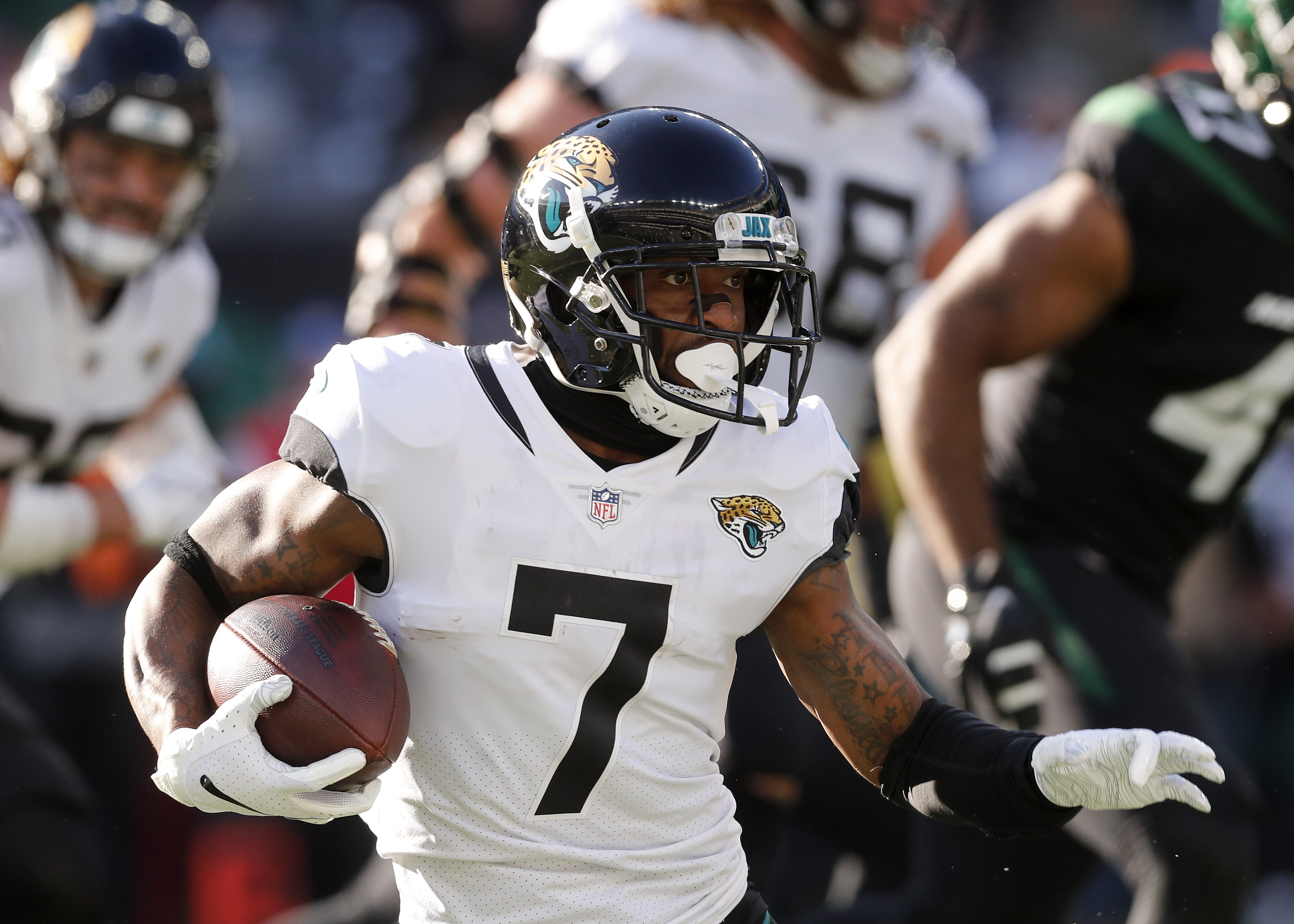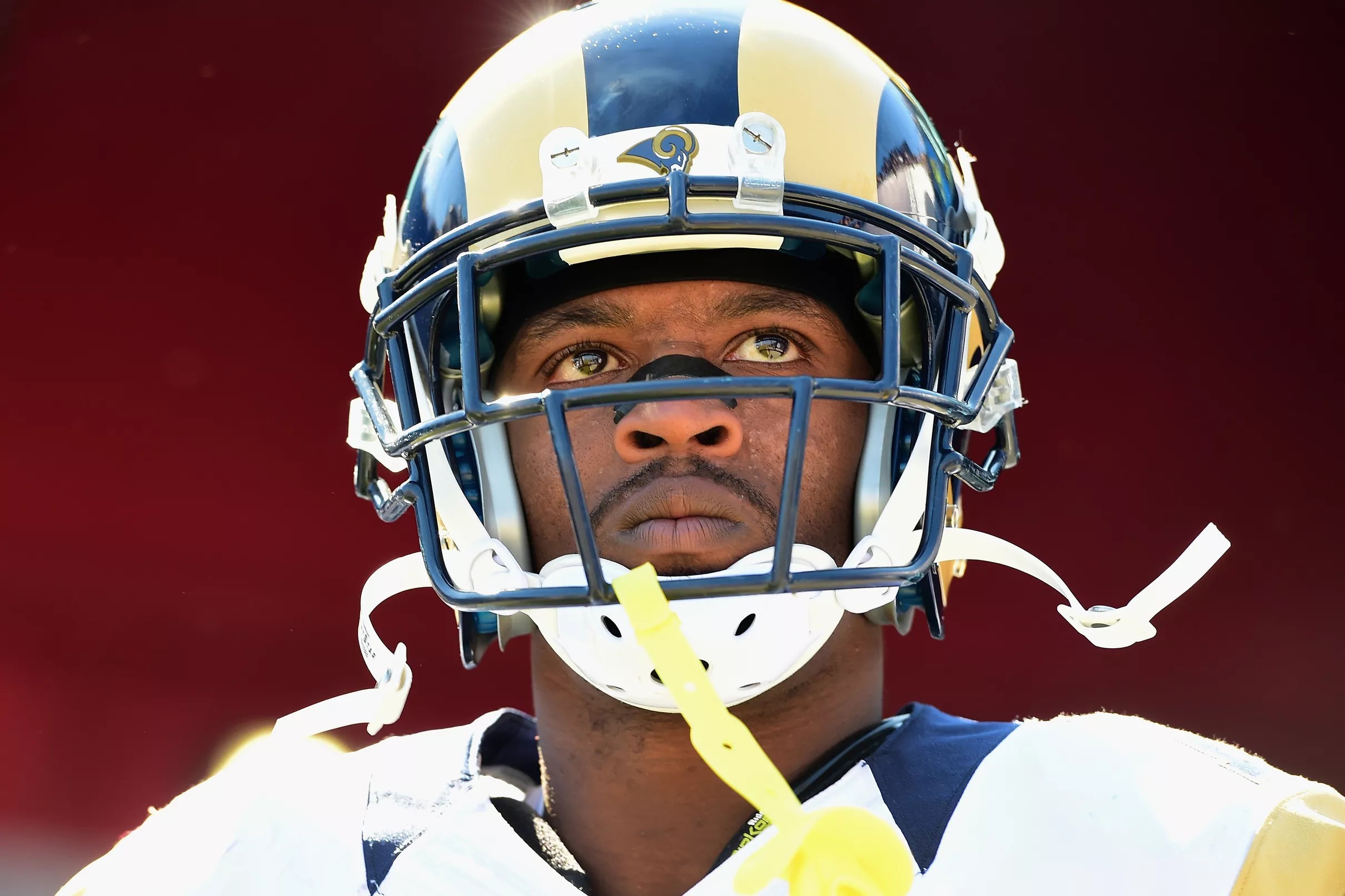The Case of Trayvon Martin: Tayvon Austin

The case of Trayvon Martin, a 17-year-old African American teenager who was shot and killed by George Zimmerman, a neighborhood watch volunteer, in Sanford, Florida, on February 26, 2012, sparked national outrage and ignited a national conversation about race, justice, and self-defense laws. The events leading up to the shooting, the legal proceedings, and the public reaction to the case have had a profound impact on American society.
The Events Leading Up to Trayvon Martin’s Death
On February 26, 2012, Trayvon Martin was walking back from a convenience store to his father’s fiancée’s house in a gated community in Sanford, Florida. He was carrying a bag of Skittles and a can of iced tea. While walking, he encountered George Zimmerman, who was patrolling the neighborhood as a volunteer for the neighborhood watch. Zimmerman called 911, reporting that he saw a “suspicious” person, later identified as Trayvon Martin, who was walking in the area. He described Martin as “black” and “acting suspiciously.” Zimmerman claimed that he felt threatened by Martin and followed him.
The Legal Proceedings
The case quickly gained national attention, with many people questioning Zimmerman’s actions and the lack of an immediate arrest. Zimmerman claimed he acted in self-defense and was not arrested for several weeks after the shooting. The case was investigated by the Sanford Police Department, and the state attorney, Angela Corey, decided to bring charges against Zimmerman for second-degree murder.
The Trial
The trial of George Zimmerman began on June 25, 2013, in Seminole County, Florida. The prosecution argued that Zimmerman racially profiled Martin and intentionally killed him. The defense argued that Zimmerman acted in self-defense and that Martin was the aggressor. The trial lasted for six weeks, and the jury deliberated for 16 hours before finding Zimmerman not guilty of second-degree murder and manslaughter.
The Public Reaction to the Case, Tayvon austin
The verdict in the Zimmerman trial sparked widespread protests and demonstrations across the country. Many people felt that the justice system had failed Trayvon Martin and that the verdict was a miscarriage of justice. The case also sparked a national conversation about race relations, gun violence, and the Stand Your Ground law, which allows individuals to use deadly force if they feel threatened.
The National Conversation
The case of Trayvon Martin became a symbol of the racial disparities in the criminal justice system and the broader issue of racial injustice in America. It led to a national conversation about race, self-defense laws, and the role of race in criminal justice. The case also sparked the Black Lives Matter movement, which has become a powerful force for social justice and racial equality.
Racial Justice and the Black Lives Matter Movement

Trayvon Martin’s death, a tragic incident that ignited widespread outrage and sparked a national conversation about racial injustice, served as a pivotal moment in the fight for racial equality in the United States. The case highlighted the deeply ingrained systemic racism that permeates American society, bringing to the forefront issues of racial profiling, police brutality, and the disproportionate impact of these injustices on Black communities.
The Case’s Impact on the Black Lives Matter Movement
The case of Trayvon Martin played a significant role in the emergence and rise of the Black Lives Matter movement. The movement, born out of the frustration and anger surrounding the acquittal of George Zimmerman, Trayvon’s killer, aimed to amplify the voices of Black Americans and demand accountability for the systemic injustices they face. The movement’s core principles, centered on the idea that Black lives matter and deserve equal protection under the law, resonated with a growing segment of the population, mobilizing people to take action against racial injustice.
The Case’s Contribution to Conversations about Racial Profiling
The case of Trayvon Martin shed light on the pervasive issue of racial profiling, the practice of targeting individuals based on their race or ethnicity. Trayvon, a young Black teenager, was tragically mistaken as a suspect by George Zimmerman, who followed him and ultimately shot him. The case highlighted how racial biases can lead to misjudgments and potentially fatal consequences. The incident ignited public debate about the role of race in law enforcement and the need for greater awareness and sensitivity to racial biases.
The Case’s Contribution to Conversations about Police Brutality
The case of Trayvon Martin, while not directly involving police brutality, contributed to the broader conversation surrounding the issue. The lack of accountability for Zimmerman’s actions, despite the overwhelming evidence of his guilt, fueled public distrust in the criminal justice system and its ability to protect Black citizens. This sentiment was amplified by subsequent cases of police brutality against Black Americans, leading to widespread protests and demands for police reform.
The Case’s Contribution to Conversations about Systemic Racism
Trayvon Martin’s death was a stark reminder of the systemic racism that continues to plague the United States. The case highlighted how racial biases and stereotypes can have deadly consequences, impacting not only individual lives but also shaping the broader social fabric. The case sparked discussions about the need to dismantle systemic racism, address the root causes of racial inequality, and create a more just and equitable society.
Legal and Social Implications

The Trayvon Martin case ignited a firestorm of debate, sparking a national conversation about race, justice, and self-defense laws. The legal arguments presented by both sides of the case highlighted stark differences in interpretation and application of the law, with profound social and cultural ramifications.
Legal Arguments and Key Issues
The legal arguments presented by the prosecution and defense centered on the interpretation of Florida’s “Stand Your Ground” law and the application of self-defense principles. The prosecution argued that Zimmerman’s actions did not meet the criteria for self-defense, highlighting inconsistencies in his account and the lack of evidence supporting his claim of imminent threat. The defense, however, emphasized Zimmerman’s subjective perception of danger, arguing that his actions were justified based on his fear for his life.
- The case raised critical questions about the interpretation and application of self-defense laws, particularly in situations involving racial disparities. Critics argued that “Stand Your Ground” laws, which allow individuals to use deadly force without retreating, can exacerbate racial bias in the justice system, potentially leading to more instances of racial profiling and unjustified shootings.
- The case also highlighted the complex issue of racial bias in the justice system. The decision not to initially arrest Zimmerman, despite witness accounts and evidence suggesting he was the aggressor, fueled accusations of racial bias. The case became a symbol of systemic racism and the unequal treatment of Black individuals in the criminal justice system.
Social and Cultural Impact
The Trayvon Martin case had a profound impact on public opinion and activism, galvanizing the Black Lives Matter movement and sparking nationwide protests against racial injustice. The case’s widespread media coverage and the acquittal of Zimmerman fueled outrage and frustration, leading to calls for reform of the justice system and increased awareness of racial disparities in policing and law enforcement.
- The case sparked a national conversation about race, justice, and the role of race in criminal justice. It led to increased scrutiny of self-defense laws, particularly “Stand Your Ground” laws, and their potential to contribute to racial disparities in the justice system.
- The case also ignited a surge in activism, with the Black Lives Matter movement gaining momentum and visibility. The movement’s focus on police brutality, racial profiling, and systemic racism resonated with a broad spectrum of individuals, leading to widespread protests and calls for change.
Tayvon austin – Tavon Austin, a dynamic and electrifying player, left a lasting mark on the NFL. While his career was punctuated by moments of brilliance, his time on the field was also marked by a series of injuries. To understand the financial impact of his journey, one can delve into the specifics of tavon austin career earnings , which offer a glimpse into the complexities of a professional athlete’s financial landscape.
Despite the challenges he faced, Tavon Austin’s talent and athleticism left a lasting impression on the game.
Tavon Austin, a dynamic wide receiver and return specialist, showcased his exceptional athleticism throughout his NFL career. While his on-field contributions were undeniable, it is also noteworthy to examine his financial compensation during his time in the league. To gain a comprehensive understanding of Austin’s earnings throughout his career, one can consult a detailed analysis of tavon austin career earnings.
This insight provides a valuable perspective on the financial aspects of his professional journey.
